Are you curious about the various names of Squash? Read on to find out how to say Squash in Different Languages.
We have translated the delicious and nutritious vegetable ‘squash’ into several languages for you. Check out what to term the veggie Squash in different languages.
Check out the best squash varieties here
Squash in Different Languages
1. Squash in Spanish
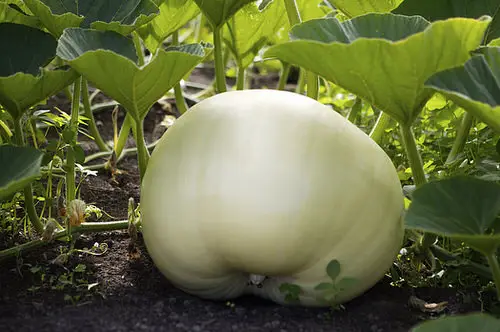
Calabaza is the generic name for any type of squash in the Spanish language. It refers to West Indian Pumpkin, usually grown in tropical America, the Philippines, and West Indies.
Find out some clever squash trellis ideas here
2. Squash in Chinese
Squash is called Mo Gwa or Mo Qua in the Chinese language. It looks similar to zucchini, with white flesh and crunchy texture having a mildly sweet taste.
3. Squash in French
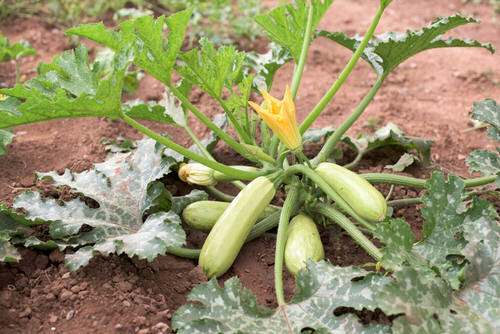
Squash in French is known as French Courgette. This small cucurbit marrow is rich in potassium and is widely consumed as a vegetable dish throughout the country.
4. Squash in Hindi
Squash is commonly called Tinda in Hindi. The vegetable is quite prevalent in South Asia. It is extensively used in curries, desserts, side dishes, and juices in India.
5. Squash in Italian
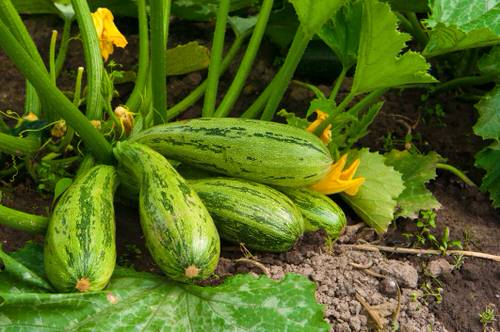
Italian squash is also called the Zucchini or Courgette. This summer squash can reach nearly a meter in length. However, it is usually harvested at a length of 15–25 cm.
Want to grow zucchini vertically? Click here
6. Squash in German
In Germany, squash is called the Kurbis. This popular veggie is consumed in raw, roasted, baked, and various other forms throughout the country.
7. Squash in Japanese
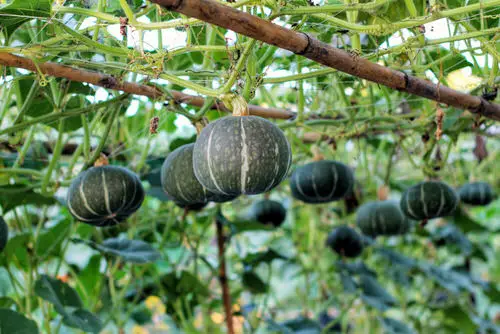
Squash is called the Kabocha in Japanese, a variety of winter squash. With orange flesh and hard rind, Manocha is Japan’s favorite food and is now grown all across the globe.
8. Squash in Portuguese
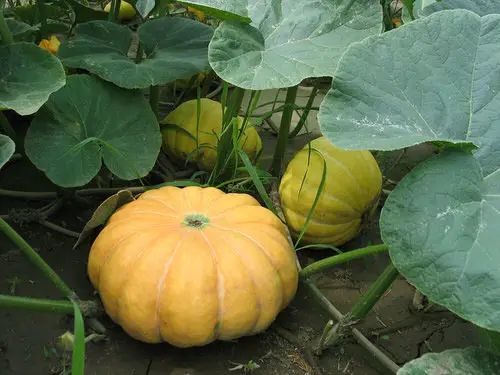
Squash in Portuguese is called the Abobora, a plant from the gourd family. This huge, round fruit with thick, yellow skin is prepared in fritters, casseroles, and other dishes.
9. Squash in Russian
Cabaret is the Russian name for squash. A cylindrical yellow vegetable with an elongated appearance and tapered ends, it has a mildly sweet and nutty flavor.
10. Squash in Albanian
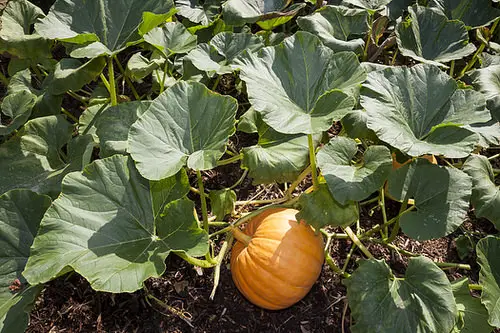
Albanians refer to squash as Kungull. The sweet flavor of this summer vegetable is cooked into delicious lasagne, desserts, candies, and pie.
Find out the best dwarf vegetables here
11. Squash in Cebuano
Squash is popular by the name Kalabasa in Cuba. With yellowish-orange flesh, the veggie has a nutty-sweet flavor and is cooked with other vegetables in a variety of dishes.
12. Squash in Indonesian
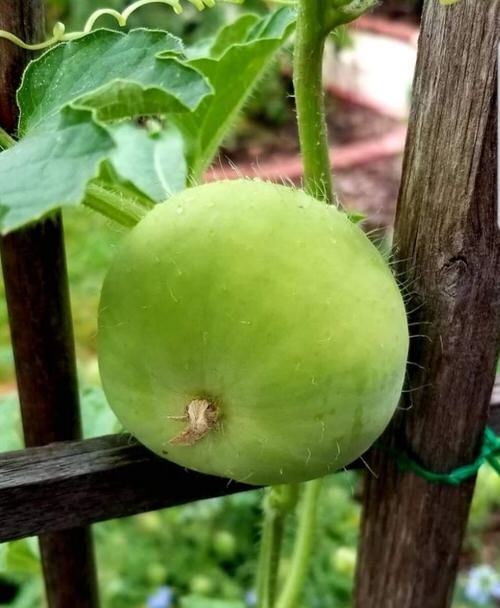
Labu is the Indonesian name for squash. One of the most popular vegetables in Indonesian side dishes, labu is prepared into dessert, snacks, and a couple of authentic spicy dishes.
13. Squash in Turkish
The Turks refer to squash as Kabak, a summer vegetable with a nutty, sweet flavor cooked into fritters, soups, and other vegan recipes.
14. Squash in Hungarian
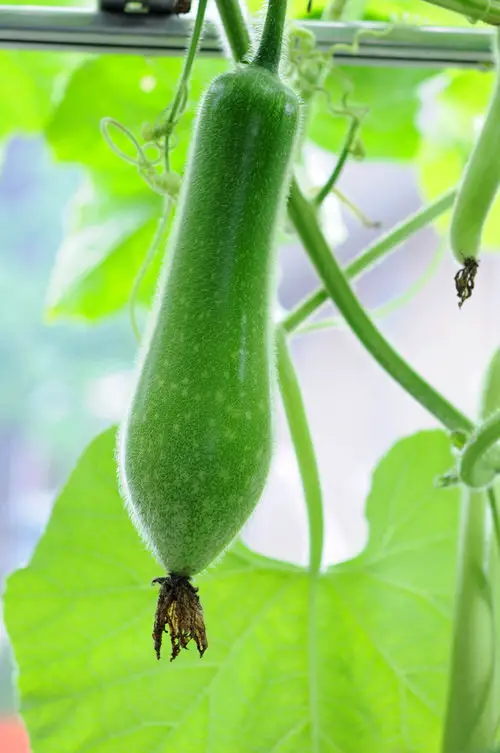
Popular by the name Fallabda, the vegetable marrow has a light-gray skin with yellow bright orange flesh and is widely used in Hungarian soups, stews, and other traditional dishes.


